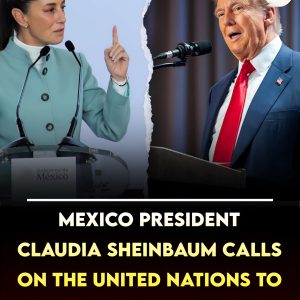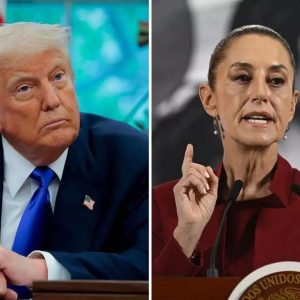In a recent and unexpected Supreme Court decision, the court issued a ruling that caught the attention of immigration law experts, policy analysts, and court observers. The decision, made on Tuesday, was a 5-4 ruling in the case Monsalvo Velazquez v. Bondi. The case revolves around the seemingly technical issue of interpreting a provision of immigration law that allows certain...





